T: 01822 851370 E: [email protected]
Visit RSN Survey about life in rural England to find out more.
May Edition of Casebook from the Rural Health and Care Alliance
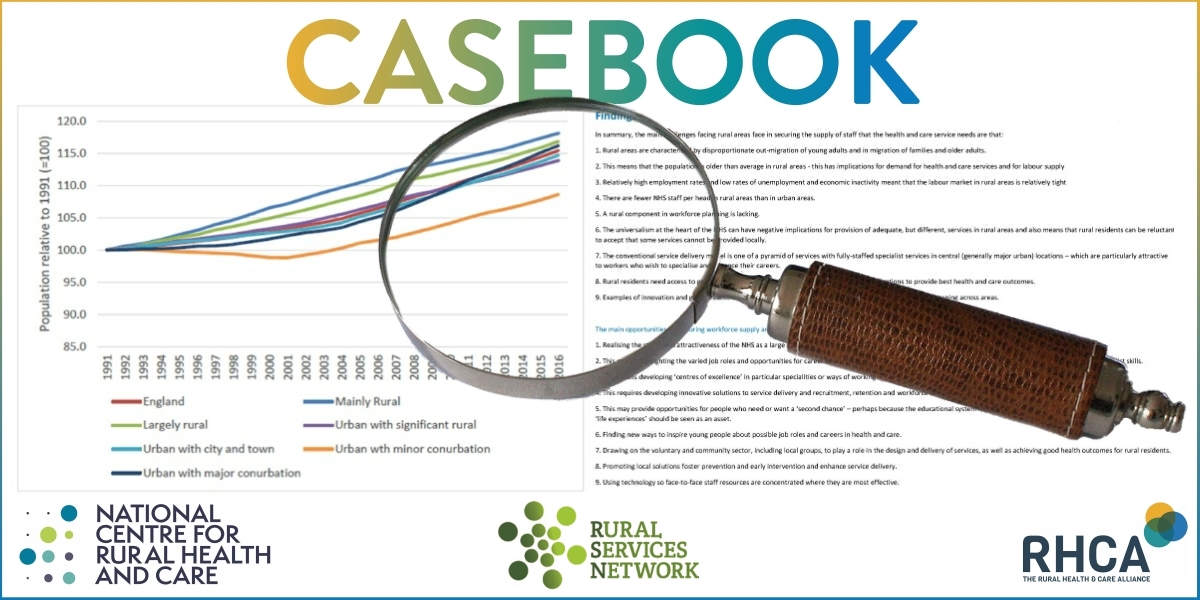
May 2022 Edition
In Casebook this month, prescription charges, covid, health and poverty, the challenges and fears of distance from emergency services and a reminder of what we plan to do this year – along with an invitation to join us!
NEWS COMMENTARY
NHS prescription charges in England to be frozen
I had somehow forgotten that only in England do we pay for prescriptions. This seems unfair to me. I wonder why they can’t be free everywhere. It might certainly have an impact on reducing rural health inequalities. This story tells us:
NHS prescription charges in England are to be frozen for the first time in 12 years, the government has confirmed.
Single prescription charges, which the Department of Health said would normally rise "in line with inflation", will remain at £9.35 until next year.
Health Secretary Sajid Javid said freezing the costs would "put money back in people's pockets".
Campaigners welcomed the move but pointed out that 90% of prescriptions dispensed are already free of charge.
People eligible for free prescriptions include those on state benefits, pregnant women and new mothers, people with specified medical conditions or disabilities, the over-60s and under-16s.
Prescriptions are free for everyone in Scotland, Wales and Northern Ireland.
Full article: https://www.bbc.co.uk/news/uk-61451005
UK Covid infections lowest since mid-December
Are things coming to an end finally or is this another false dawn? – there have been a significant number of innovations around telemedicine and service planning which I hope will be the lasting legacy of this pandemic for rural areas. Lots more reflections in the write up of our Parliamentary Inquiry:
http://roseregeneration.co.uk/wp-content/uploads/2022/02/Rural-Health-and-Care-APPG-Inquiry-Report.pdf
Covid infections continue to decrease in the UK with around one in 45 or just over two in every 100 people thought to be infected.
The estimates - from the Office for National Statistics (ONS) - show levels of the virus are at the lowest since mid-December.
It means around 1.48m people would have tested positive in the week to 7 May.
The figures are an estimate, based on testing thousands of people at random in households across the UK.
They provide the most accurate picture of Covid infection since free testing for the public came to an end in England and Scotland. Some free testing will continue in Wales and Northern Ireland until the end of June.
Sarah Crofts, head of analytical outputs for the ONS Covid Infection Survey, said: "It is encouraging to see infections continue to decrease across the UK."
The ONS research found:
- One in 45 people in England has Covid (down from one in 35 the previous week)
- One in 35 in Wales has Covid (down from one in 25)
- One in 55 in Northern Ireland has Covid (down from one in 40)
- One in 35 in Scotland has Covid (down from one in 30)
Full article: https://www.bbc.co.uk/news/health-61436454
Government’s £500m support scheme failing Britain’s poorest households
The links between poverty and ill health are well rehearsed and this article reminds us of how significant the challenges of addressing it in the current economic climate are.
A key part of the government’s response to the cost of living crisis has not been available to applicants for months in some parts of the country after councils ran out of money, the Observer can reveal.
The government launched the £500m Household Support Fund (HSF) last autumn to help poorer households with essentials. Ministers have highlighted the HSF in response to accusations it isn’t doing enough to help people cope with soaring inflation. Just last week, work and pensions minister Chloe Smith repeatedly cited the HSF in an interview with Channel 4 News.
The funding was meant to last until 31 March, but figures sourced under the Freedom of Information Act show one in six English local authorities ran out of funding for applicants at least a month earlier, some as early as December.
The bureaucratic nature of the process also meant dozens of councils that still had funding rejected more than a quarter of all applications.
Dame Clare Moriarty, chief executive of Citizens Advice, said: “Since the start of the year, we’ve seen record-breaking levels of demand for crisis support amid the cost of living squeeze. Nowhere near enough of the help from the government has been targeted at the low-income households who need it most.
“It’s concerning that this limited assistance meant certain councils had to close their schemes early. With only the same amount of money going in again this April, and cost of living pressures rising still further, this won’t be enough for those struggling.
Full article: https://www.theguardian.com/business/2022/may/15/governments-500m-support-scheme-failing-britains-poorest-households
NHS boss feared waiting for ambulance after stroke
This is a chilling story, especially for rural dwellers where according to this if you have stroke symptoms you need someone to get you to A&E fast and not to wait for an ambulance, when the call centre will put you in a second tier of priority.
An NHS boss who had a stroke was taken to A&E by her husband rather than calling for an ambulance because of concerns over long waits.
In a series of tweets, Gloucestershire Hospitals NHS Trust chief executive Deborah Lee praised his swift actions.
She said he had "bundled her into his car", last week, after she had showed the signs of a stroke because he had heard her "lamenting ambulance delays".
She is recovering but says it may have been different if they had called 999.
Waits for an ambulance in England are the longest since new targets were introduced, in 2017.
And Ms Lee's regional service - the South West - has the longest waits in the country, with category-two calls, which include strokes, taking nearly two hours, on average, to reach patients in March.
The target is 18 minutes.
In the tweets, Ms Lee said: "Naturally, I am eternally grateful to my husband for his swift actions… but I can't get one thing out of my head.
"What if my husband hadn't been there and my daughter had called for an ambulance and I'd been put in the cat[egory]-two stack?"
She went on to say it was not the fault of the ambulance service and the whole system was "working unrelentingly to solve this but to no great avail".
Ms Lee said hospitals were struggling to discharge patients, because of a lack of social care, and so delays were building up in the rest of the system.
Full article: https://www.bbc.co.uk/news/health-61259752
Tens of thousands waiting too long for 999 calls to be answered in England
A second story demonstrating just how challenging simply holding the line in terms of minimum reliable levels of emergency health service delivery are and by reflection the real risks in terms of emergency medicine facing those distant from urban centres. This story tells us:
Tens of thousands of emergency calls are taking more than two minutes to be answered in England amid a crisis in the ambulance service, The Independent has learned.
More than 37,000 emergency calls took more than two minutes to answer in April 2022 – 24 times the 1,500 that took that long in April 2021, according to a leaked staff message.
April’s figures were slightly down compared to March, The Independent understands, when 44,000 calls took more than two minutes to answer.
The deterioration in 999 calls being answered within the 60-second goal comes as ambulance services across the UK have been placed under huge pressures.
The latest NHS data showed long delays in response times for ambulance services with stroke or suspected heart attack patients waiting more than 50 minutes on average.
Response times are being driven by ambulances being held up outside of A&Es because emergency departments are unable to take patients.
In March, there were likely to have been more than 4,000 instances of severe harm caused to patients as a result of ambulances being delayed by more than 60 minutes.
Data also showed 21,639 handover delays lasted for more than 120 minutes. This data is not published by NHS England.
In a message sent by West Midlands Ambulance Service (WMAS) on Thursday, staff were told new data from BT showed 37,107emergency calls in England took more than two minutes to answer in April. NHS England data shows there were 806,000 calls answered overall in April.
Full article: https://www.independent.co.uk/news/health/delays-emergency-calls-increase-b2078419.html
MEMBER ARTICLES
We’d love to hear from you - share what you’re proud of
If you have something you would like us to feature in a future edition, please let us know by clicking here to send us an email.
This month we hear from the Isle of Wight NHS Trust.
 Award Winning Virtual Hospital Service
Award Winning Virtual Hospital Service
A partnership between the Isle of Wight NHS Trust and Medefer has landed a top award.
The Award
The award is for a supplier or service provider to the NHS supporting elective care recovery efforts, with proven outcomes that significantly reduce the backlog and/or contribute significantly to diagnosis and earlier-stage intervention on a large scale.
The Isle of Wight commissioned Medefer to deliver its virtual services as a proactive covid-19 recovery initiative. To date, 6,738 patients have been referred, across six specialties, resulting in 41 per cent of patients being managed without attending outpatients. Those requiring hospital attendance are risk assessed, prioritised and pre-optimised through the virtual pathway. The approach is now seen as a transformative solution across the IoW, which has improved patient care and clinical outcomes.
The Partnership
Medefer is a virtual hospital service who review and manage GP referrals through an online team of UK-registered Consultants so that patients don’t have to wait for an in-person hospital appointment. They support patients from their initial referral from their GP and review their situation to identify the need for further investigation, in order that they can be treated and discharged, often without the need for physical outpatient appointments.
With the onset of Covid -19 pandemic and hospital consultants being redirected to meet the covid response there was a cessation of Outpatients at St Mary’s Hospital on the Isle of Wight. Consultants were unable to triage GP referrals and there was a risk patients may be missed, come to harm through not being not being reviewed, or waiting a considerable period of time to be seen. To mitigate this risk and reduce any potential patient harm Medefer, rated as Good by CQC, were contracted to virtually manage and triage the GP patient referrals into the organisation.
Management of the GP referrals through Medefer was a proactive action to alleviate the current constraints and abate the long-term impact on internal workforce and its future resilience and capacity to address post pandemic backlogs.
Medefer virtual service, post pandemic, has supported the outpatient transformation towards implementation of advice and guidance, triage categorisation (including peer review to GPs). With the roll out of the full virtual outpatient service Medefer has ensured faster sustainable recovery of RTT and improved patient care.
Patient Outcomes
As a result of the partnership with Medefer
- during the Covid pandemic 172 patients on a routine GP referral were upgraded to a cancer pathway. From these 7 patients went on to be diagnosed as having cancer.
- During the period April 2019 to December2021 whilst the National RTT waiting list deteriorated by 40% whilst the Isle of Wight RTT improved by 1%
- The 52-week wait backlog has been reduced by 65%.
- Patients were triaged within 35hrs of GP Referral
- Overall, there has been a reduction of 47% in outpatient demand
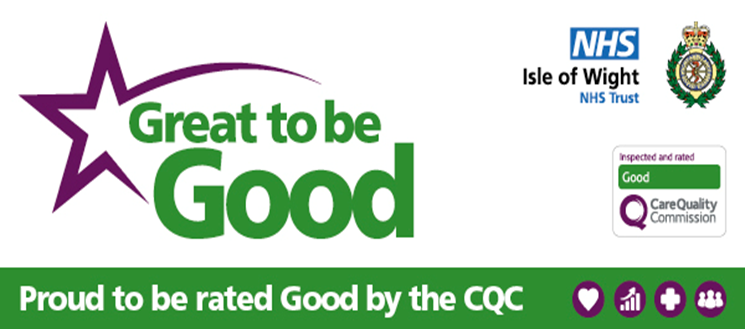

HSJ Award – Best Elective Care Recovery Initiative Winners: Medefer and the Isle of Wight NHS Trust partnership
NATIONAL CENTRE UPDATE
Just a reminder of our key priorities for the up coming year and an invitation for you to engage on any of these themes with us:
1) Piloting of the National Centre for Rural Health and Care Toolkit (PI recommendation 4) – We have 4 early adoption areas on standby to implement the rural health and care toolkit, develop with Rural England. They are: Devon, Lincolnshire, Suffolk and Shropshire. Output 4 detailed case studies and the directly positive health outcomes arising in these settings.
2) Develop a curated network for innovative primary care centres which are community focused (PI recommendation 12) – identifying and sharing best practice about multi-agency working, self-care and increased health literacy in relation to rural health inequalities. We intend to have an initial focus on coastal settlements associated with the key health workforce challenges identified in the PMOs 2021 report. Output a gazeteer of best practice and a fully functioning and self supporting ongoing network.
3) Create a knowledge exchange of good practice and problem solving focused on the rural challenges associated with the interface between health and care (PI recommendation 10 and 11) – we will undertake detailed research across England and follow the international good practice leads arising from the Parliamentary Inquiry to look at writing up and sharing examples of where dislocation at the interface of health and social care, in the context of local delivery blight desired outcomes. This will focus on more effective resourcing of early discharge from acute settings, the most effective examples of staffing of domiciliary care and the effective use of technology to support innovation. We will not only create a repository of good practice but we will create a self supporting network of rural ICS interested in this theme, beginning with our own membership, but open to all. Outputs detailed report covering best practice and a dedicated ongoing community of practice.
4. Create a rural mental health network (PI cross cutting) – there is significant recognition of the need for a good practice and network facility to address the particular nature of rural mental health. The Scottish national rural mental health strategy has delivered a real impetus in terms of the recognition of this issue and has driven preventive improvements and a recognition of the importance of this issue from a workforce perspective, both in terms of the skills needed to address mental health challenges in rural settings and the mental health challenges facing rural health practitioners. Output, Rural Mental Health Strategy and good practice dissemination materials and plan.
Spread the word
If you know of other organisations that you think would benefit from joining the Rural Health & Care Alliance, please click here to email us and let us know.
RURAL SERVICES NETWORK
Up to date news on Health and Care
The Rural Services Network provides a useful source of themed news content and data. Check out the latest news on Health & Wellbeing and Vulnerability, where you’ll find articles on a diverse range of rural issues affecting rural communities. You might also find this research on Over 65 Population Projections useful too.
Latest from RSN Member Insights
RSN Member Insights is the place to discover the statistics that define communities within our membership. It is regularly updated with new analyses, and these will be highlighted in the 'What's New' section of the RSN's Weekly Rural Bulletin. The Rural Bulletin also provides a selection of the most rurally topical news items, so do subscribe and encourage your colleagues to subscribe to what is an invaluable weekly periodical.
To make a suggestion of data that would benefit you by being included in the Member Insights section, please email Dan Worth, our Research and Performance Analyst, at [email protected].
| The Rural Health & Care Alliance is a membership organisation administered by the Rural Services Network on behalf of the National Centre for Rural Health & Care. Explore the RHCA service below: |
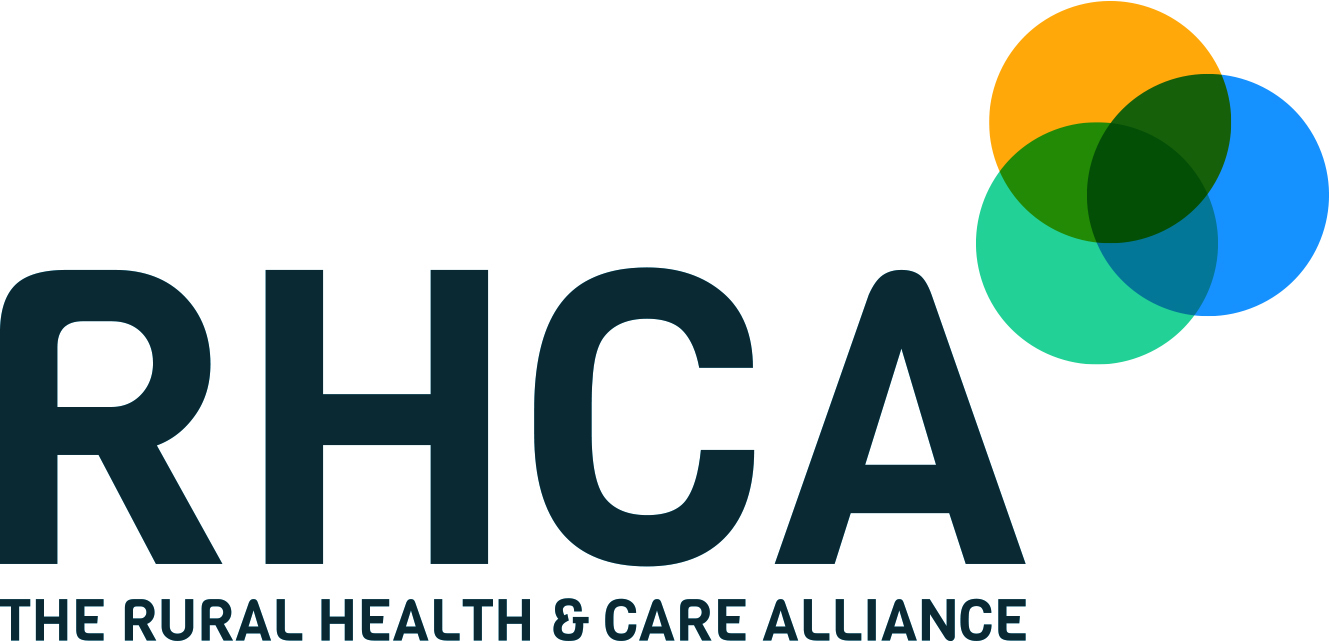 |
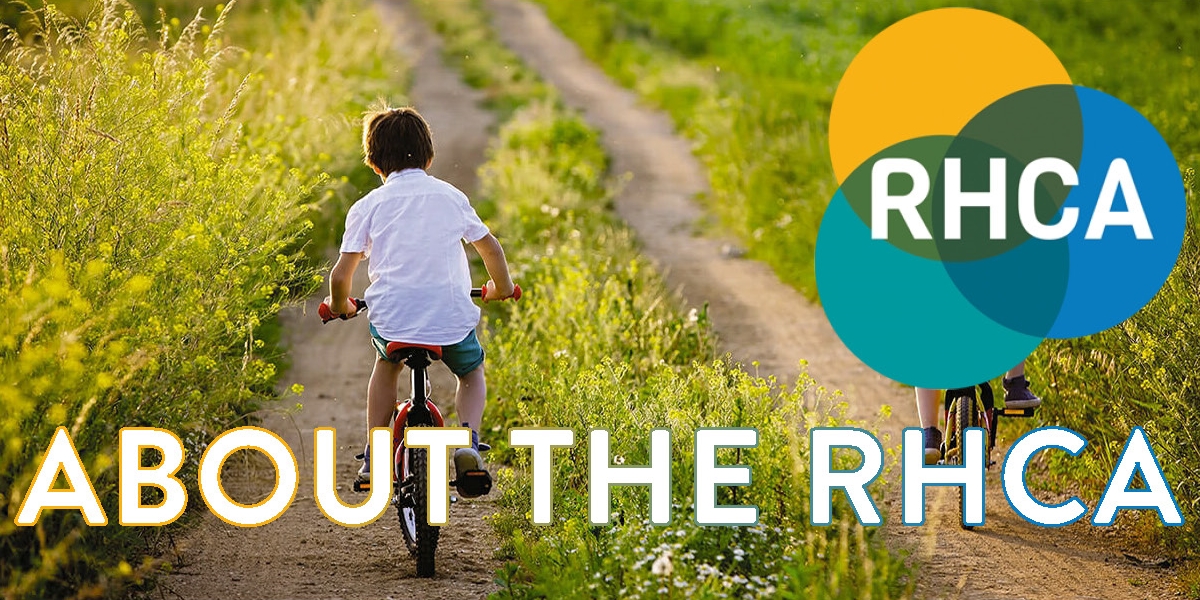 |
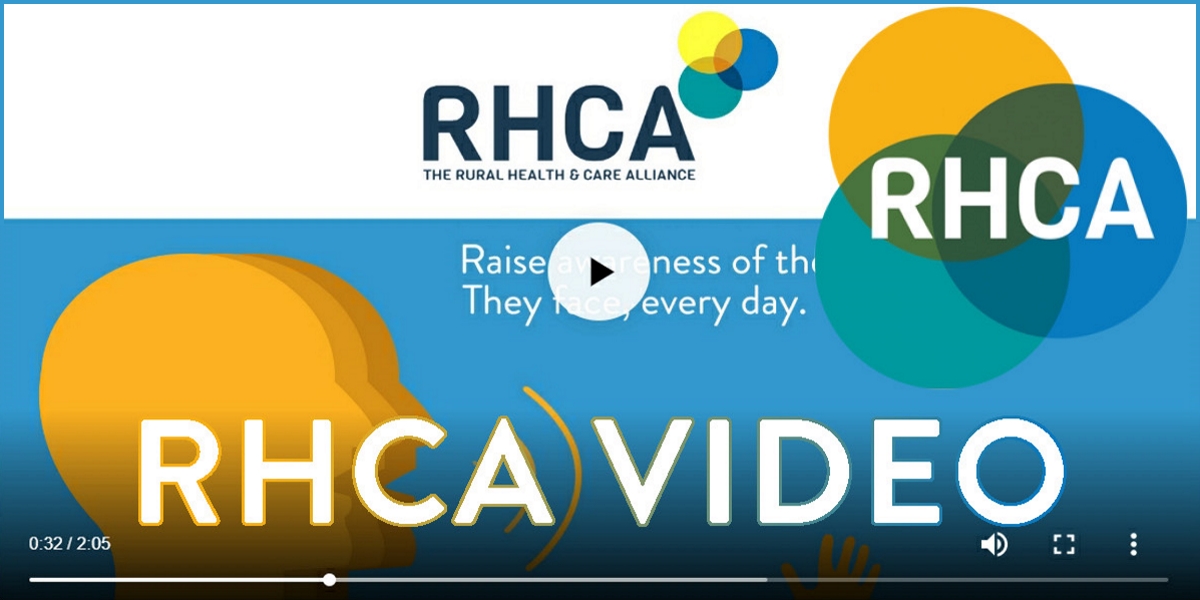 |
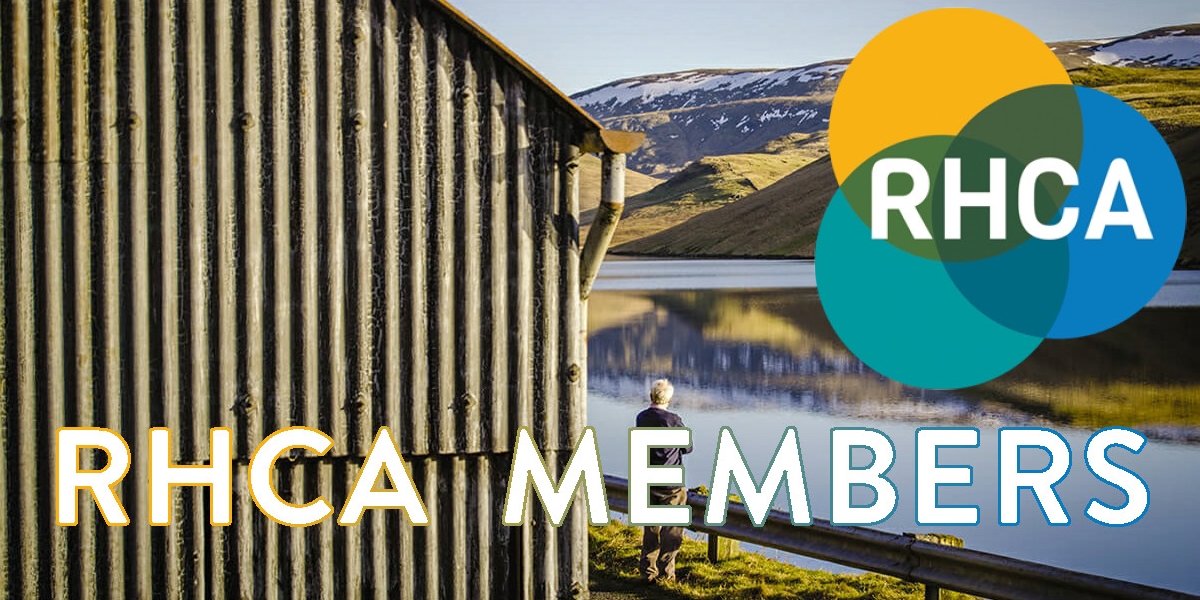 |
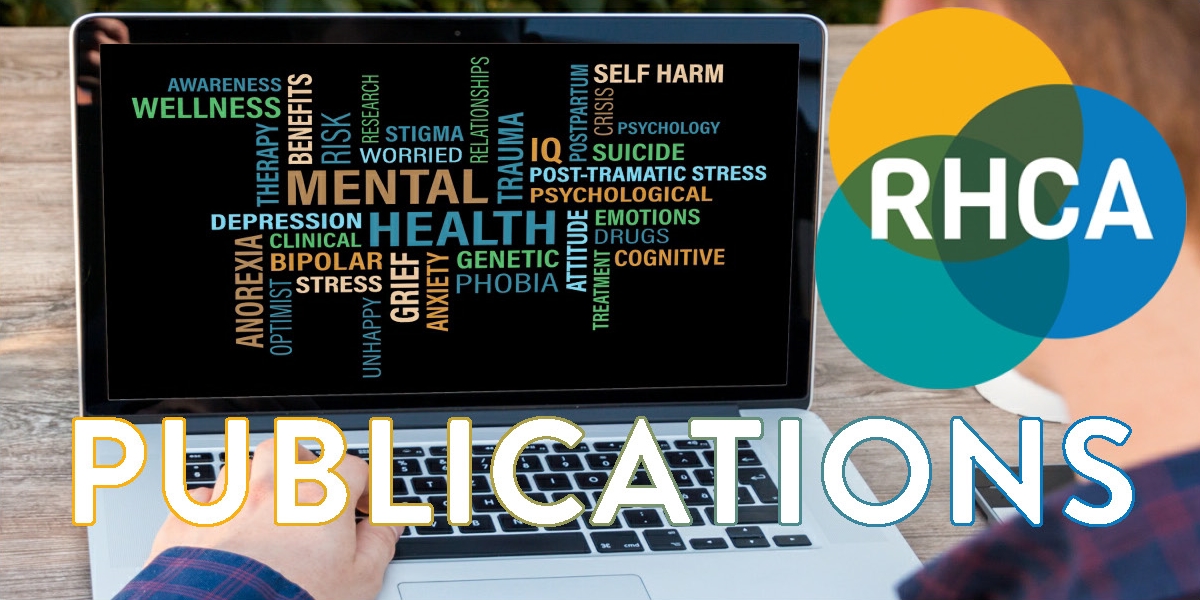 |
 |
 |
 |
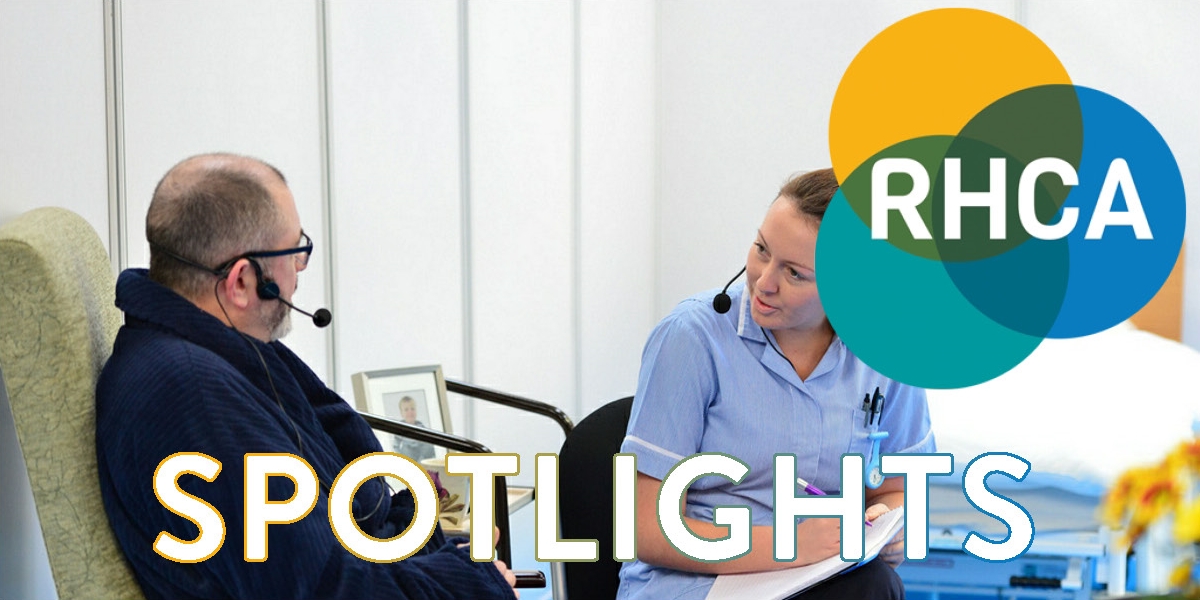 |
 |




